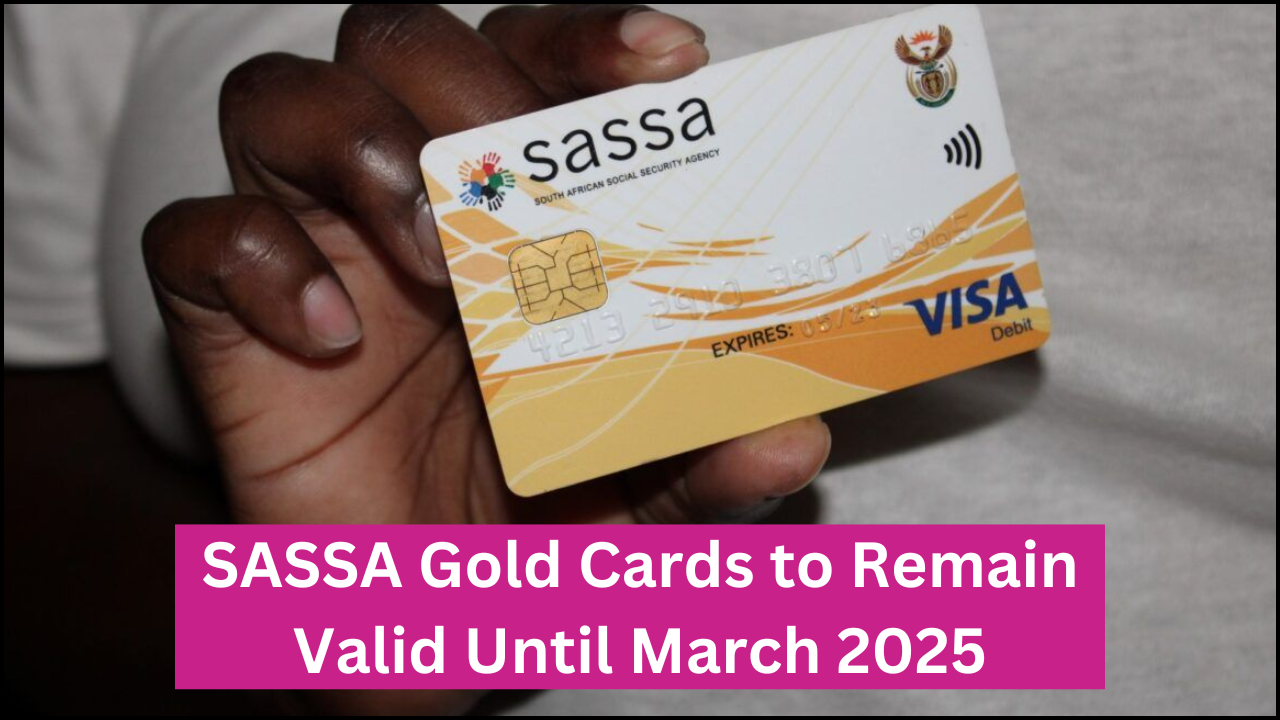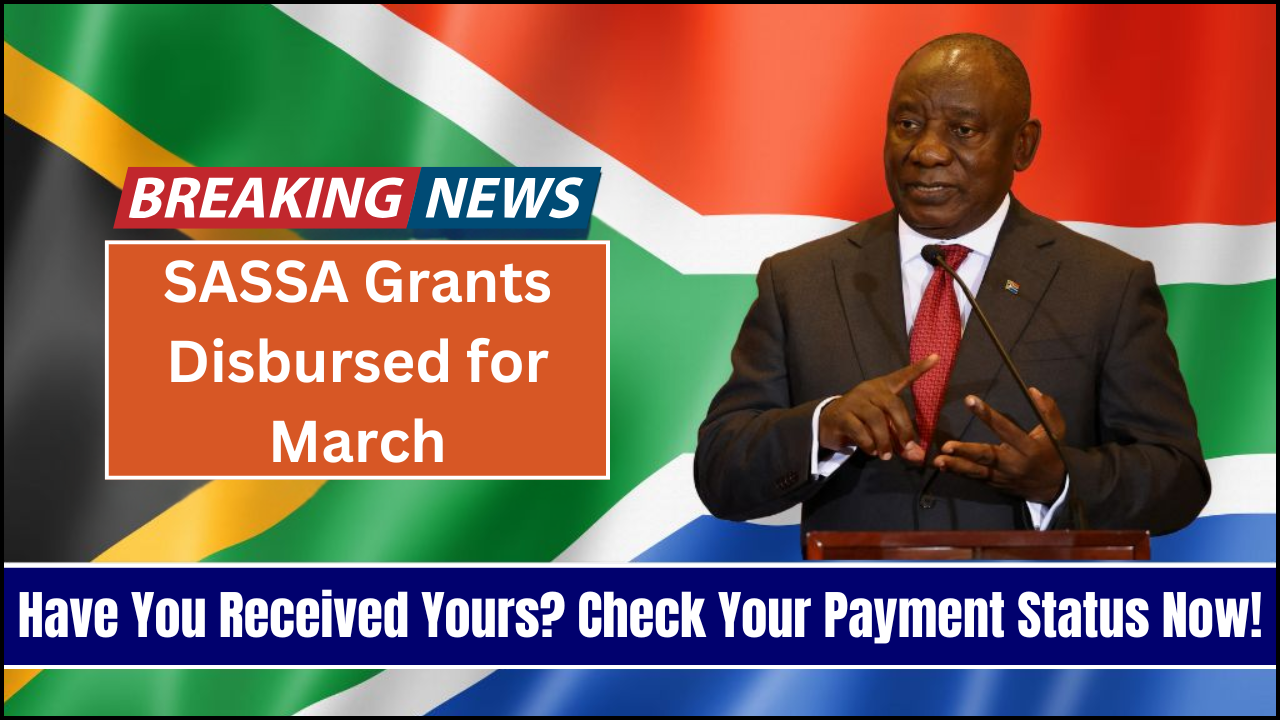
South Africa’s social welfare system plays a vital role in supporting millions of citizens who face financial challenges. The South African Social Security Agency (SASSA) has updated its grant system for 2025, bringing important changes that affect many families across the nation. This article explains what these changes mean, who qualifies for grants, and when payments will be made.
What’s New with SASSA Grants in 2025?
The biggest news for 2025 is the increase in grant amounts. Many South Africans rely on these monthly payments to cover basic needs like food, shelter, and healthcare. While advocates continue to push for more substantial support, the recent increases represent progress toward helping families live with dignity.
The R500 Grant Increase
A focal point of the 2025 updates is the R500 grant increase. While this boost provides welcome relief to many households, community organizations emphasize that it remains insufficient to fully address poverty. The ultimate goal is to align grant amounts with the upper-bound poverty line, which Statistics SA adjusts annually to account for inflation.
For many recipients of the Child Support Grant and the R350 SRD (Social Relief of Distress) Grant, the current amounts fall short of meeting basic needs. The R500 increase represents a step forward, though advocacy groups continue to push for further improvements.
South Africa’s R510 Child Support Grant in 2025, Check Deatils From Application to Payment
SASSA Gold Cards to Remain Valid Until March 2025 – Transition to Black Cards Underway
SASSA R1,250 Foster Child Grant , March 2025 Payment Status and Eligibility Details
SASSA R700 Grants in South Africa 2025, How to Apply and Avoid Scams
SRD R370 Grant Payments March 2025, Dates, Eligibility, and Everything You Need to Know
Child Support Grant: A Lifeline for Families
The Child Support Grant stands as one of SASSA’s most impactful programs, providing essential financial assistance to approximately 13.2 million children nationwide. This grant aims to ensure children’s basic needs are met, regardless of their family’s financial situation.
How the Child Support Grant Works
This monthly payment goes to primary caregivers of children under 18 years old. The grant helps families cover essential expenses including:
- Food and nutrition
- Clothing
- School supplies
- Basic healthcare
- Shelter costs
For 2025, the Child Support Grant will provide R500 per child each month. While this represents a 4.2% increase from previous levels, it’s important to understand that this amount still falls below the food poverty line. This means many families must find additional sources of income to fully meet their children’s needs.
Who Can Receive SASSA Grants?
Eligibility for SASSA grants depends on several factors. The government has established clear criteria to ensure this financial support reaches those who need it most.
Child Support Grant Eligibility
To qualify for the Child Support Grant, you must meet these requirements:
- Child’s Age: The child must be under 18 years old
- Residency Status: Both the caregiver and child must be:
- South African citizens, OR
- Permanent residents, OR
- Refugees living in South Africa
- Income Thresholds:
- Single caregivers: Annual income must not exceed R60,000
- Married caregivers: Combined household income must not exceed R120,000 per year
- Caregiver Relationship: You must be the child’s primary caregiver (parent, relative, or legal guardian)
Additional Support Programs
Some families may qualify for supplementary grants based on specific needs:
Foster Child Grant:
- Provides R1,130 per month
- Available to caregivers of children officially placed in foster care
Care Dependency Grant:
- Offers R2,090 per month
- Supports children with severe disabilities who require constant care
When Will Payments Be Made?
SASSA follows a regular payment schedule, though occasional adjustments occur due to holidays or administrative changes. For March 2025, payments will be issued slightly earlier than usual, except for Child Support Grant recipients who will experience a brief delay.
Why These Grants Matter
While the current grant amounts don’t fully solve poverty, they provide crucial support that helps families:
- Reduce Food Insecurity: Grants help ensure children receive regular meals
- Improve School Attendance: Families can better afford school supplies and transportation
- Access Healthcare: Parents can cover basic medical expenses
- Stabilize Housing: Regular income helps families maintain stable housing
- Reduce Extreme Poverty: Grants prevent families from falling into destitution
Managing Your Grants Effectively
To make the most of SASSA grant payments:
- Create a Budget: Plan how you’ll use your grant money each month
- Prioritize Essentials: Focus first on food, shelter, and healthcare
- Save When Possible: Even small savings can help during emergencies
- Stay Informed: Keep up with announcements about grant changes
- Report Changes: Notify SASSA if your income or circumstances change
Key Details at a Glance
| Grant Type | 2025 Monthly Amount | Payment Frequency | Primary Recipients |
|---|---|---|---|
| Child Support Grant | R500 per child | Monthly (first week) | Caregivers of children under 18 |
| Foster Child Grant | R1,130 per child | Monthly | Foster parents |
| Care Dependency Grant | R2,090 per child | Monthly | Caregivers of children with severe disabilities |
| SRD Grant | R350 per person | Monthly | Unemployed adults without other income |
Dates to Remember
| Payment Month | Child Support Grant Payment Date |
|---|---|
| February 2025 | 6 February 2025 |
| March 2025 | 6 March 2025 |
Looking Forward: The Push for Adequate Support
Community advocates continue to emphasize that current grant levels remain insufficient. The push toward aligning grants with the official poverty line represents an ongoing effort to ensure all South Africans can live with dignity.
As costs of living continue to rise, staying informed about grant increases, payment dates, and eligibility requirements becomes increasingly important. Families should monitor their income levels to ensure they remain eligible and plan their budgets carefully to maximize the benefit of these grants.





